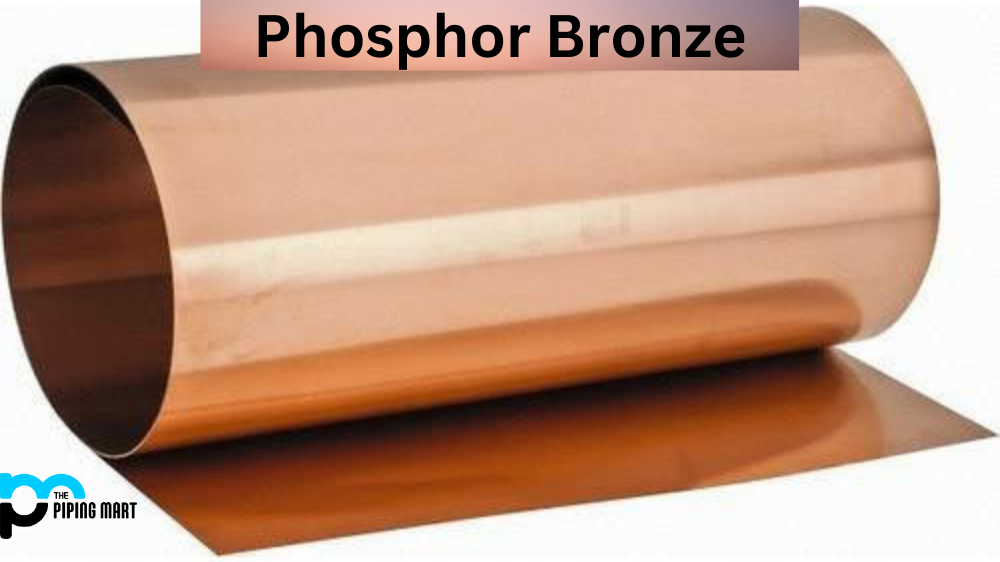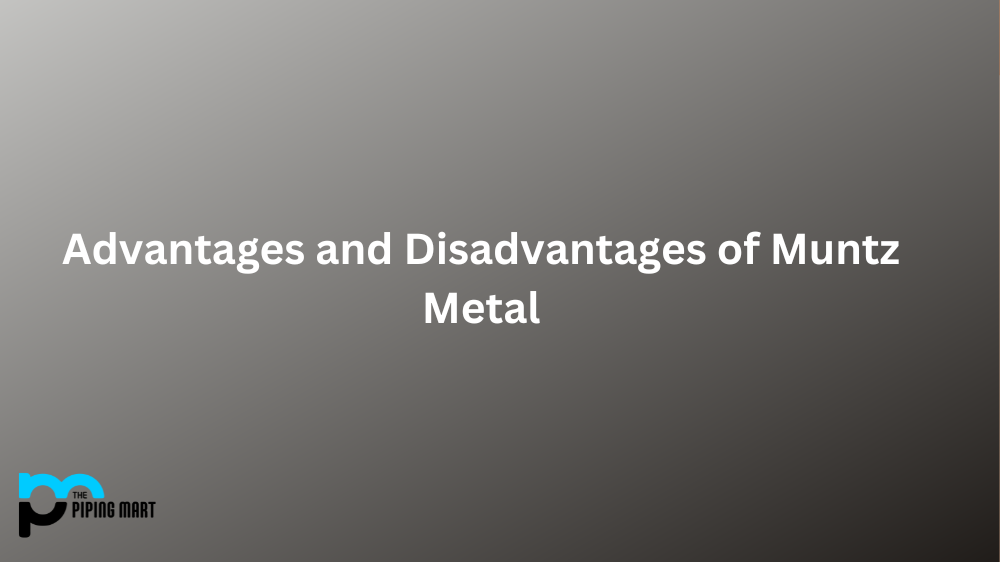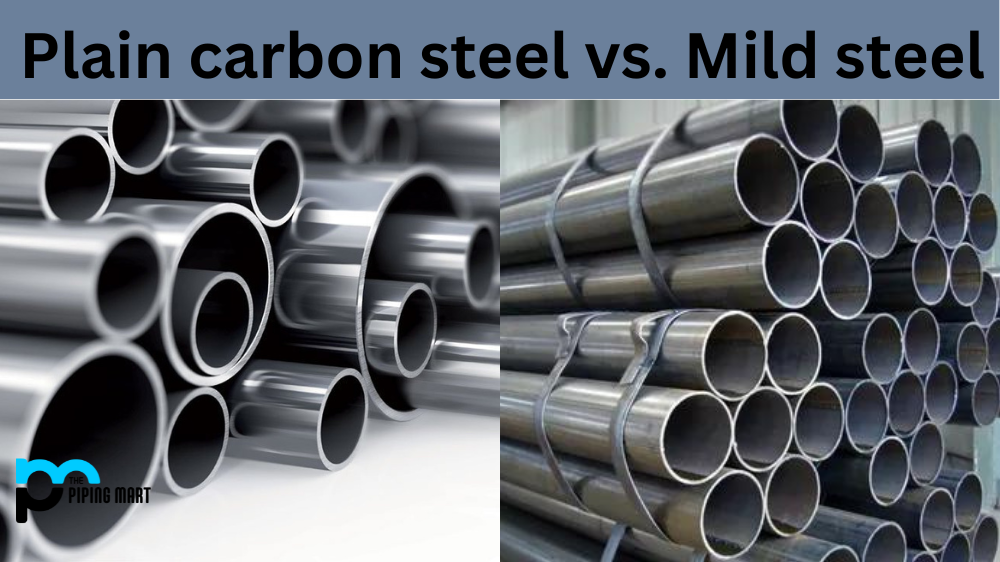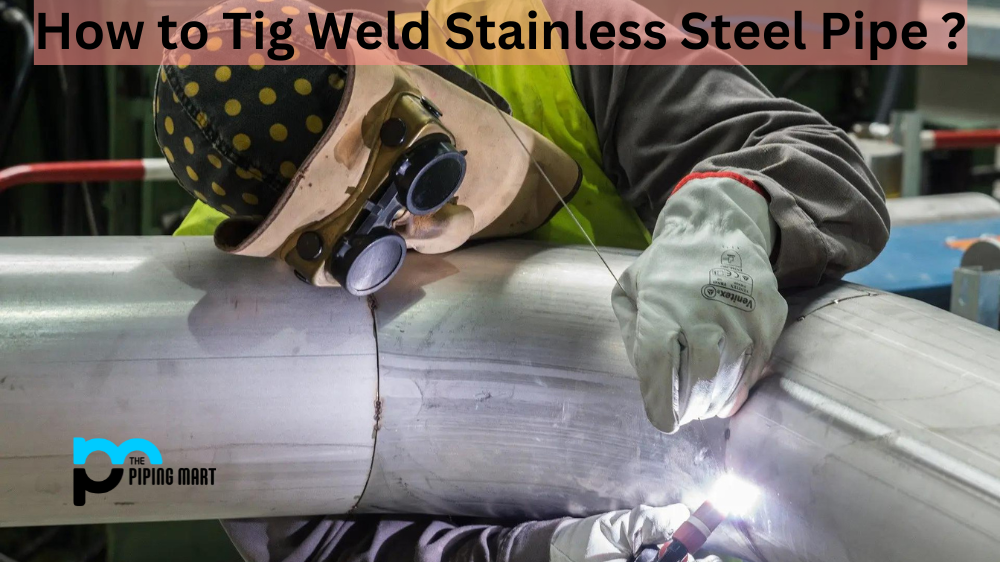Phosphor bronze is an alloy made from copper, tin, and phosphorous. It has a number of unique properties that make it ideal for use in a variety of industries, including automotive, aerospace, electronics, and telecommunications. In this blog post, we’ll look at the advantages and disadvantages of using phosphor bronze alloys in your projects.
5 Advantages of Phosphor Bronze Alloys
The most notable advantage of phosphor bronze alloys is their superior strength and reliability. These alloys are extremely resistant to fatigue and can handle high levels of stress without breaking down. This makes them ideal for use in applications where strength is essential such as automotive components or aerospace parts. In addition, these alloys are corrosion-resistant, which makes them well-suited for outdoor applications where they may be exposed to rain or snow.
Another advantage of phosphor bronze alloys is their electrical conductivity. The copper and tin content gives these alloys excellent electrical conductivity, which makes them ideal for use in electronic components such as connectors or switches. They also have excellent heat transfer properties, which make them useful for cooling applications such as radiators or heat sinks.
- Phosphor bronze is an alloy that contains copper, tin, and phosphorus.
- Phosphor bronze is known for its high strength and corrosion resistance.
- Phosphor bronze is often used in applications where it is important to have a material that will not corrode easily.
- Phosphor bronze is also known for its electrical and thermal conductivity.
- Phosphor bronze can be used in a variety of applications, including electrical components, springs, and bearings.
5 Disadvantages of Phosphor Bronze Alloys
One disadvantage of phosphor bronze alloys is that they can be difficult to machine due to their hardness. This means that it may take longer to fabricate parts using these alloys than with other materials such as aluminum or steel. Additionally, the high cost associated with the raw materials used to produce these alloys can make them more expensive than other metals; however, this cost is often offset by their superior performance and durability over time.
- Phosphor bronze is an alloy of copper, tin, and phosphorus.
- It is strong and has a low coefficient of friction, making it ideal for bearings and gears.
- However, phosphor bronze is also brittle and can be difficult to work with.
- Additionally, phosphor bronze is susceptible to corrosion, particularly in saltwater environments.
- For these reasons, phosphor bronze is often not the best choice for applications where strength or durability are required.
Conclusion
Phosphor bronze alloys have a number of advantages that make them ideal for use in a variety of industries, including automotive, aerospace, electronics, and telecommunications. Their superior strength and reliability, combined with their excellent electrical conductivity and heat transfer properties, make them well-suited for many applications requiring high levels of performance or endurance. While these alloys can be difficult to machine due to their hardness and can be more expensive than other metals, they offer significant long-term value thanks to their durability and performance advantages over time. For those looking for an alloy with superior strength and reliability, phosphor bronze could be a perfect choice!
Sakshee is a talented blogger, with a particular focus on the Business and Metal Industry. She is passionate about sharing her insights on various metal products and helping professionals to make a better decisions.




